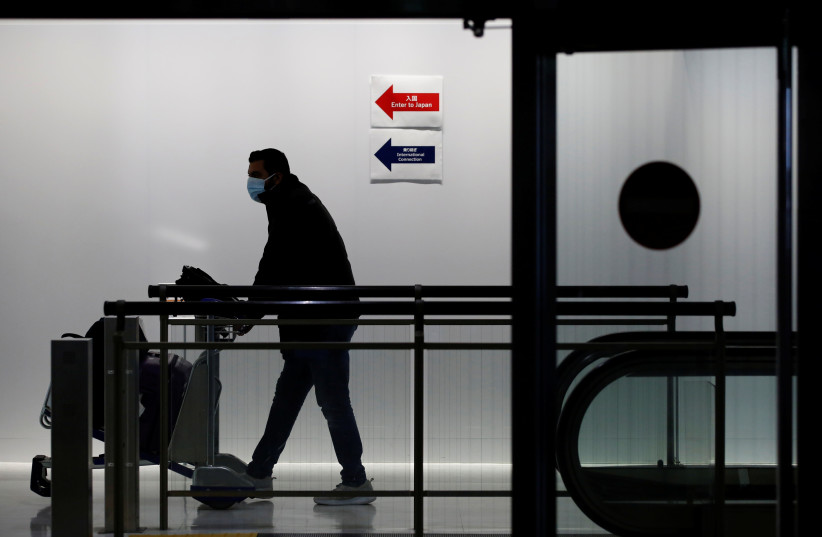A new study has revealed that patients who suffer from severe COVID-19 tend to have something in common: a massive inflammatory response.
Since the early days of the pandemic, researchers have indicated that inflammation leads to significant respiratory distress and other organ damage, hallmarks of severe COVID-19. But scientists have struggled to understand the cause of the inflammation.
In the new study, conducted at Boston Children’s Hospital in Massachusetts and published Wednesday in Nature, scientists connected two types of white blood cells — macrophages in the lungs, and monocytes in the blood. Once infected with a virus, the cells trigger the inflammation, showing that the virus can infect and replicate in immune cells — and reveal how it enters those cells.

Researchers found that antibodies produced by people who received the mRNA vaccine developed by Pfizer and BioNTech did not allow monocytes to take up the virus, offering reassurance to vaccinated individuals.
This is likely not the only way severe COVID-19 progresses, the team said, but the findings are still noteworthy and could lead to potential drug development.
